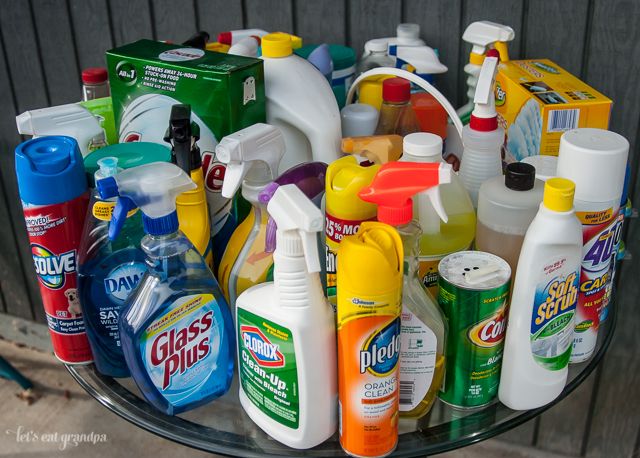By Leada Gore
The holiday season often means tons of cooking time spent in the kitchen. Along with all that work comes increased spills from fatty meats and poultry, cheeses, pies and other gooey foods.
An increase in spills prompts many to use oven cleaners to dissolve baked-on food and grease but people need to be careful using those products, according to the Alabama Department of Public Health.
Most oven cleaners have high pH levels, making them caustic, ADPH explained in a statement. If the oven cleaner is not wiped off completely, it can smoke when it burns off, causing burns or irritation to exposed tissue – the mouth, skin, eyes or airways. If swallowed, oven cleaners can cause vomiting and burns to the lips, mouth, throat and digestive tract.
“In reviewing the number of calls we have received at the Alabama Poison Information Center, we often have multiple exposures reported during one call because entire households are sharing oven-baked items,” said Jessica Pescatore, Clinical Director at Alabama Poison Information Center at Children’s of Alabama. “Most exposures result from spraying oven cleaners and forgetting to wipe off or inadequately removing them prior to using the oven for cooking.”
Most symptoms are mild but a burn on the lips can cause swelling, redness and blistering in the mouth and throat. When inhaled, oven cleaners can irritate airways, causing symptoms ranging from coughing and chest pain to shortness of breath and possible chemical burns in the throat. Chemical burns in the throat can lead to swelling, which can block the windpipe and cause the person to drool. A burn in the skin can cause redness, peeling, blistering and swelling, and lead to deeper, more severe burns.
ADPH said people should follow all instructions on and pay attention to product safety warnings to avoid contact with eyes, skin and nose and breathing fumes from oven cleaners.
If you do opt to use the products, ADPH recommends wearing thick, long protective gloves, safety glasses, and possibly a respirator to avoid chemicals entering your lungs. Make sure to have adequate ventilation, and call poison control if ingested. The 24/7 toll-free number for the Alabama Poison Information Center at Children’s of Alabama is 800-222-1222 for poison advice for all ages.











